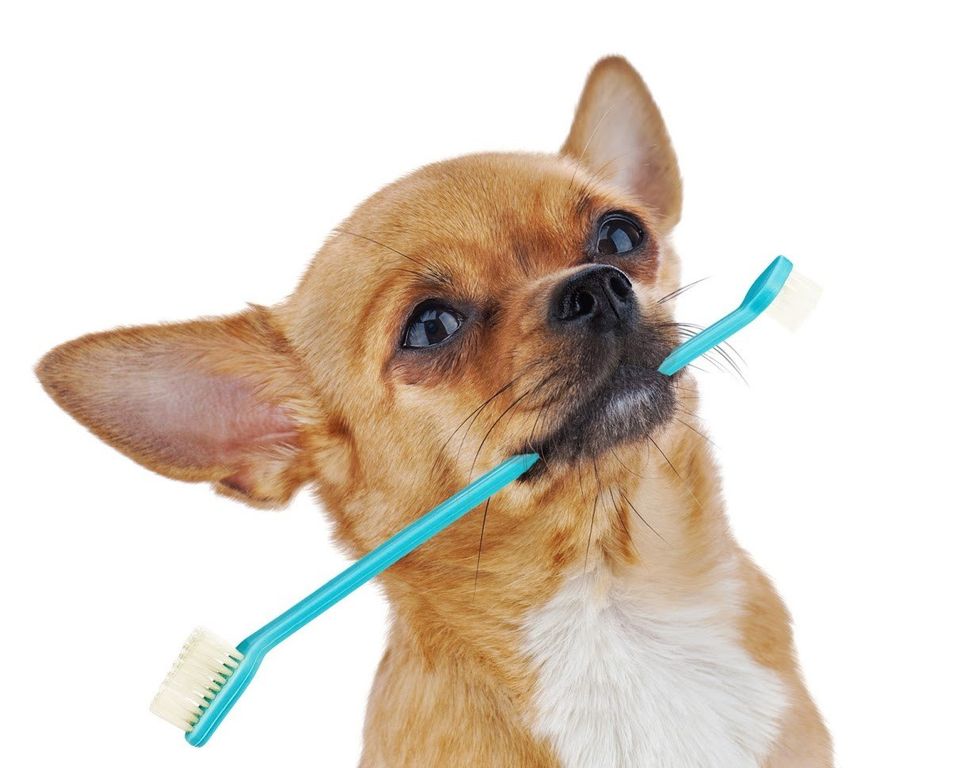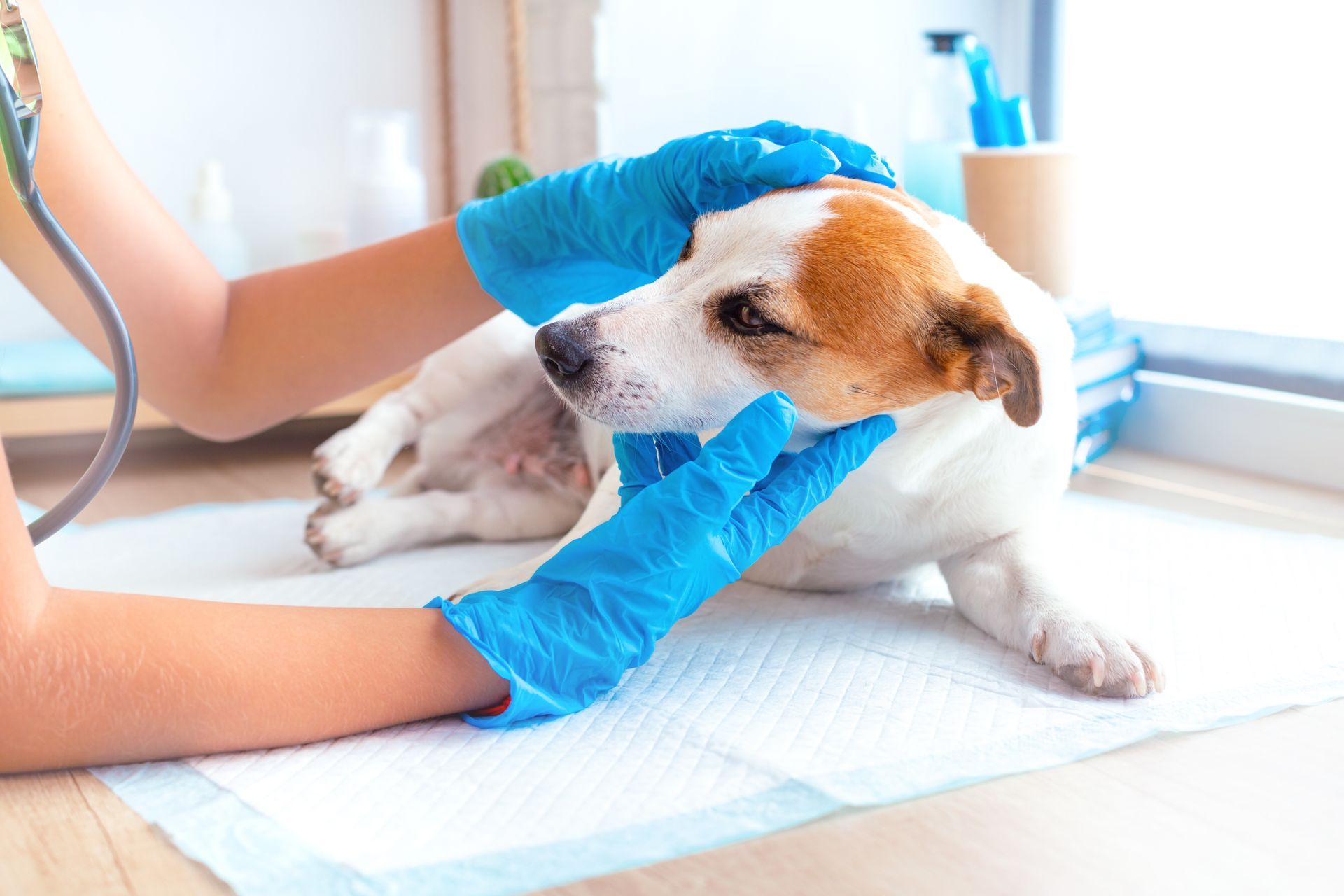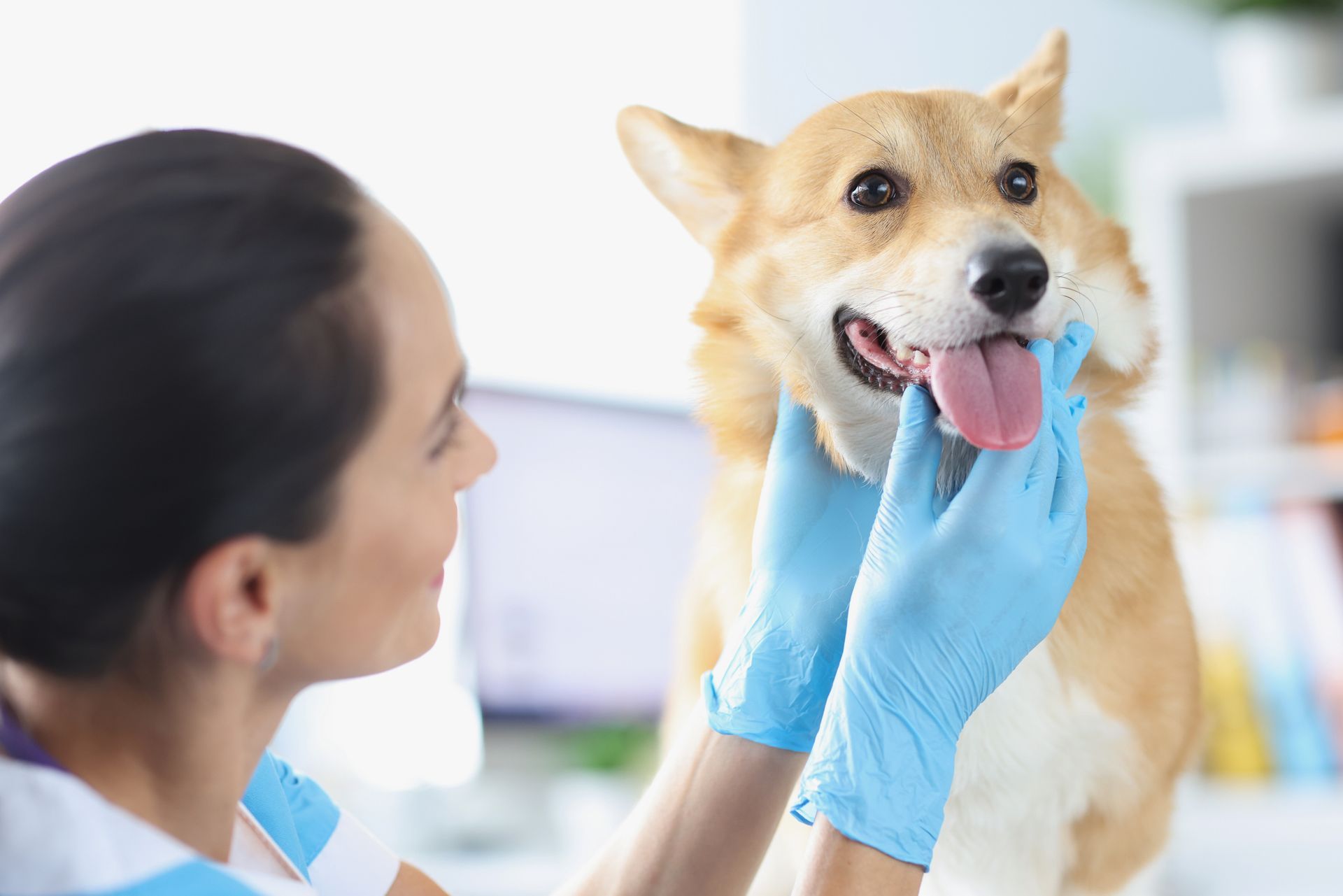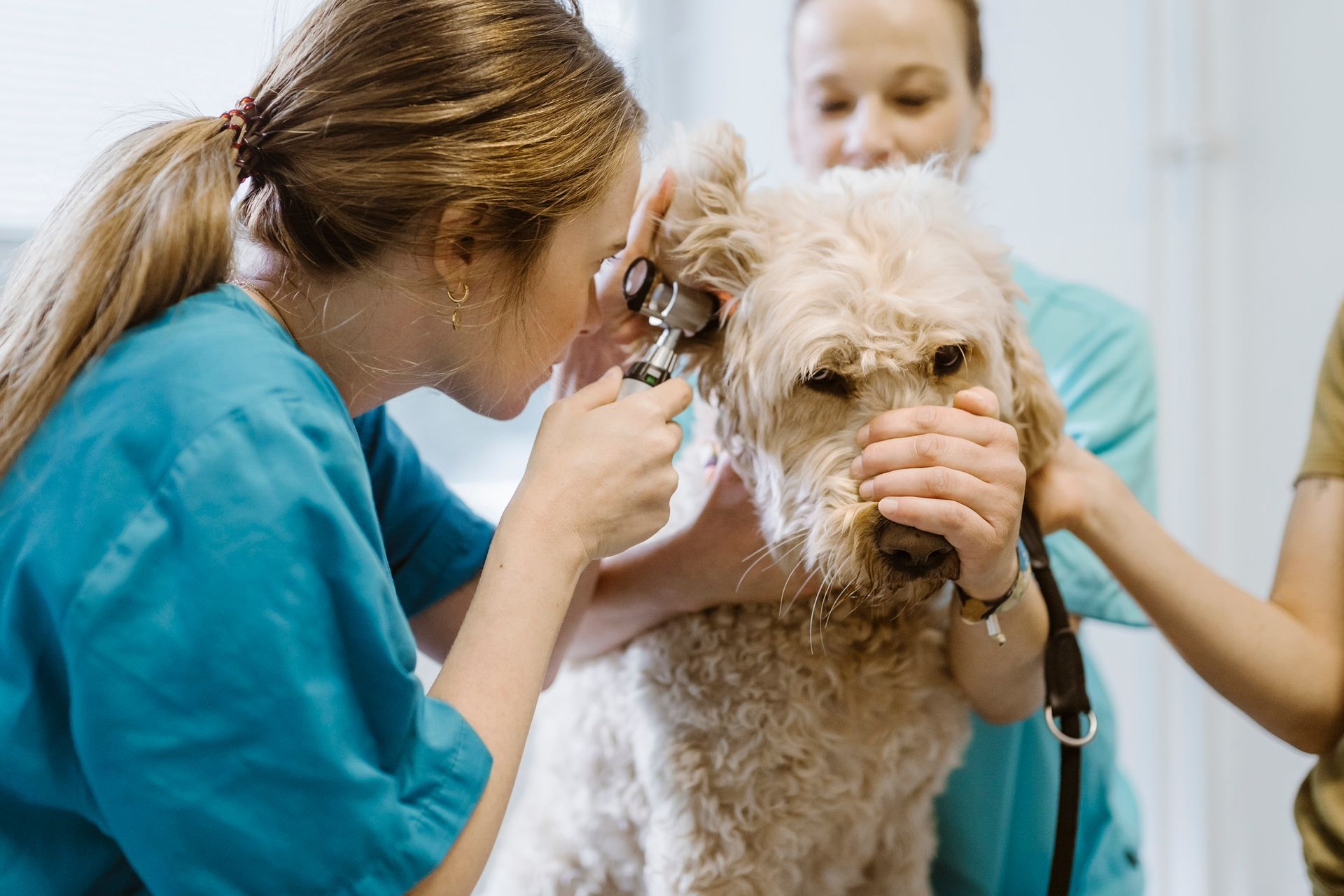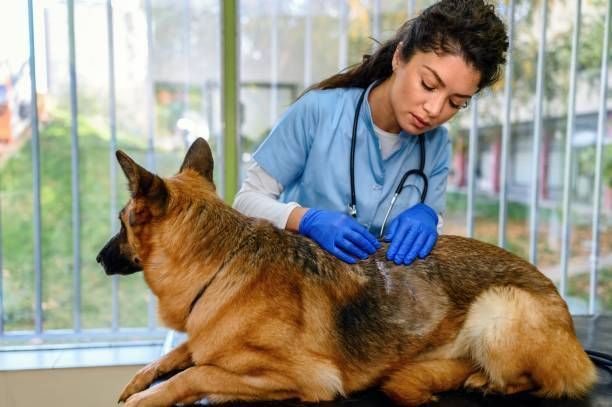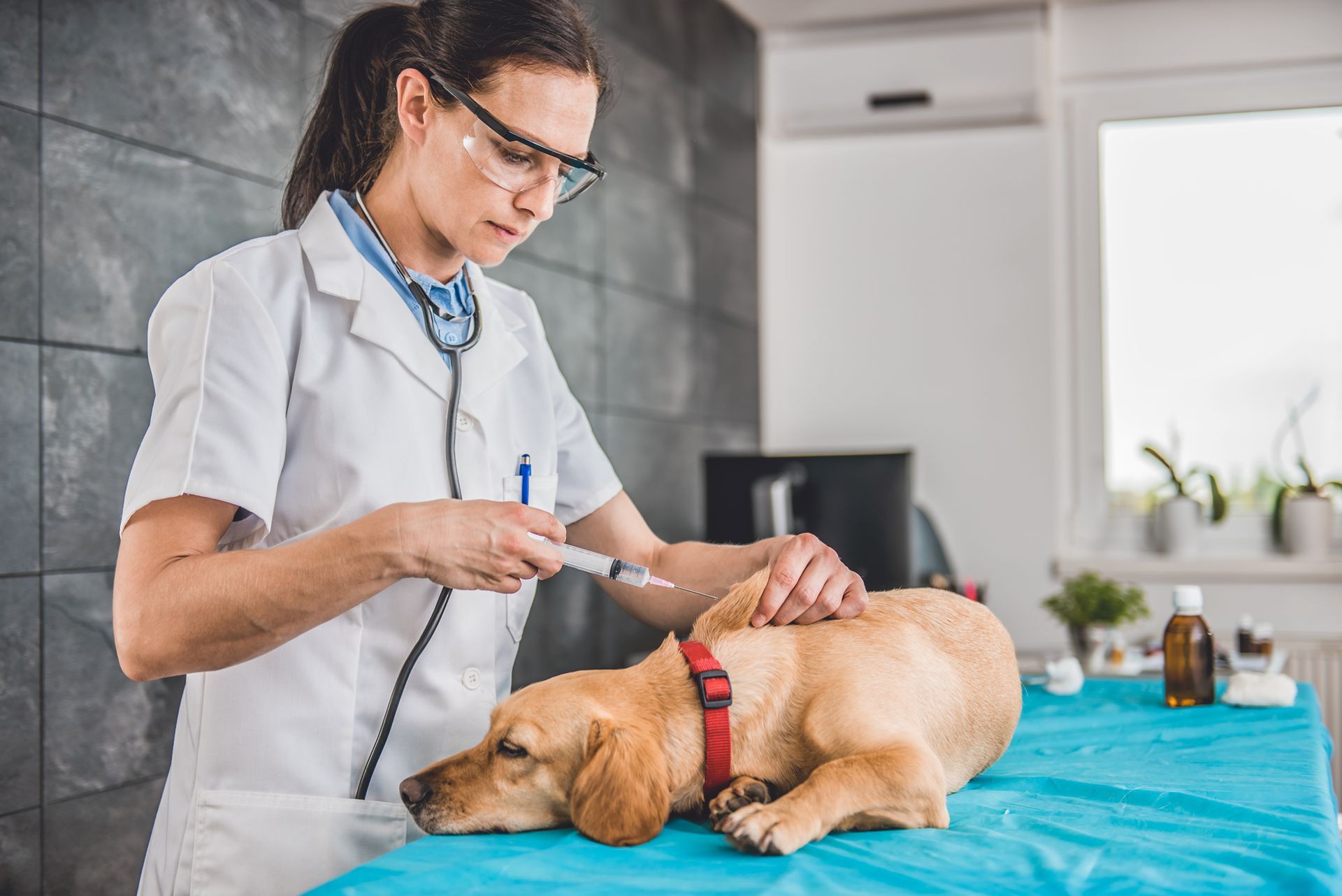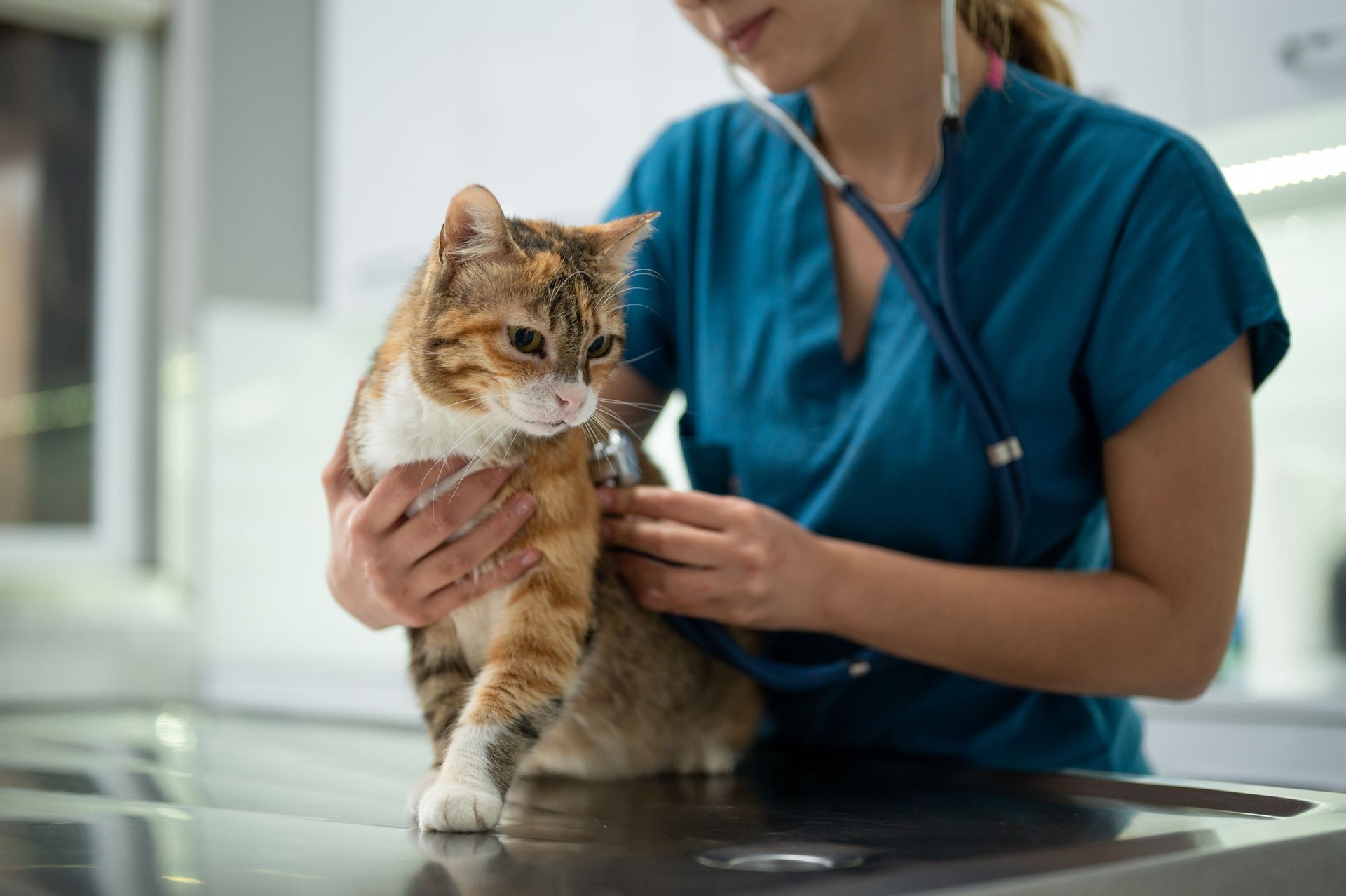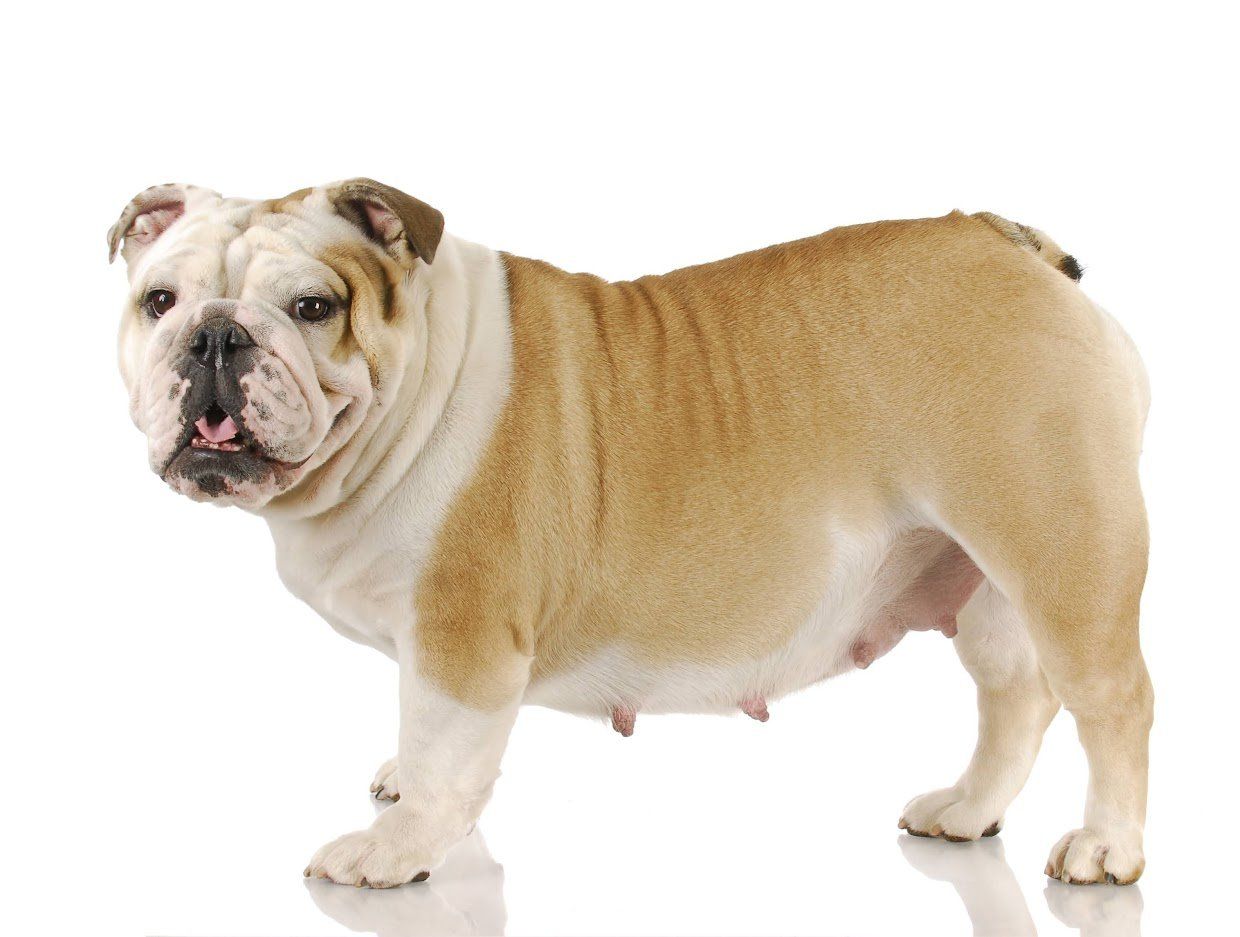4 Smart Pet Dental Tips for Owners
Both humans and their pets commonly struggle with dental issues. Despite the anatomical differences between your mouth and that of your dog or cat, the teeth, bones, and gum tissue can fall prey to many of the same problems, from gingivitis and periodontal disease to cavities and fractures.
Fortunately, your pet can benefit from proper preventative dental care and dental treatment just as much as you can. Take the following four smart pet dental tips to heart if you want to give your favorite animal a happier, healthier mouth.
1. Schedule Preventative Dental Care for Your Pet
Those regularly scheduled wellness exams your veterinarian recommends for your pet include dental checkups and cleanings, so don't neglect to schedule and keep these appointments. In addition to preserving your pet's overall health, these checkups give the veterinarian a chance to examine the oral cavity for potentially serious problems.
Dental evaluations for pets usually include deep teeth cleaning under anesthesia. The anesthesia ensures that your pet won't move suddenly, experience anxiety, or bite the veterinarian. Dental scaling and polishing devices remove plaque and tartar that might otherwise promote destructive, painful gum disease and tooth loss.
Adult dogs and cats should receive a dental checkup cleaning each year. If your pet faces elevated risks of dental problems due to age or breed-related factors, your veterinarian may recommend more frequent visits.
2. Make Home Dental Hygiene a Regular Habit
Even if you faithfully attended each of your dental checkups and cleanings, you might not expect a happy report if you'd completely neglected to care for your teeth between those appointments. Similarly, your pet needs a regular routine of home dental hygiene to help ensure year-round dental and oral wellness.
Pet owners can brush their pet's teeth as long as they use a soft-bristled brush and a toothpaste designed for pets. (Since these toothpastes come in various meat flavors, pets may look forward to tooth brushing as a kind of treat.) Introduce your pet to the toothpaste by applying with a finger or cloth before graduating to the toothbrush.
3. Learn How to Recognize Signs of Dental Trouble
No matter how much preventative care your pet receives, a dental problem may still occur. If you can recognize these problems at a glance, you can arrange for a dental evaluation and treatment in time to stop them in their early stages, greatly easing your pet's discomfort and potentially saving his teeth.
Pay attention to any outward changes in your pet's behavior, especially in regard to how they eat, hold their head, or react to being touched on the head or face. If your pet resists human contact, refuses to eat, drools, or paws at their mouth, they may have a fractured tooth or other painful dental condition.
Even if your pet doesn't display any obvious distress, you can still detect a dental or oral problem in the making if you know what to look for. Check your pet's mouth and teeth periodically for trouble signs such as redness, puffy gums, bleeding, foul breath, or the appearance of pus along the gumline.
If you see clear signs of dental trouble, take your pet to the veterinarian as soon as possible to prevent an infection or other serious issue from getting worse. Your veterinarian may treat the problem with antibiotics, root canal therapy, tooth extraction, or surgical removal of soft tissue lesions.
4. Stock Up on Tooth-Friendly Foods and Treats
Dietary choices can play a role (both for better and for worse) in your pet's ongoing dental health. If your pet always eats wet food, ask your veterinarian whether a total or partial switch to dry food or treats might benefit your pet's teeth. Certain products contain ingredients that discourage tartar formation or help to scrub plaque off of teeth.
Chew toys can make valuable additions to your pet's dental wellness plan. These toys can offer sufficiently rough, tough exteriors to scrape tartar off of teeth without damaging the teeth themselves. Your veterinarian can tell which chew toys to seek out and which to avoid.
Baywood Animal Hospital can serve as your pet's dental health headquarters. Contact us today to schedule an appointment.

